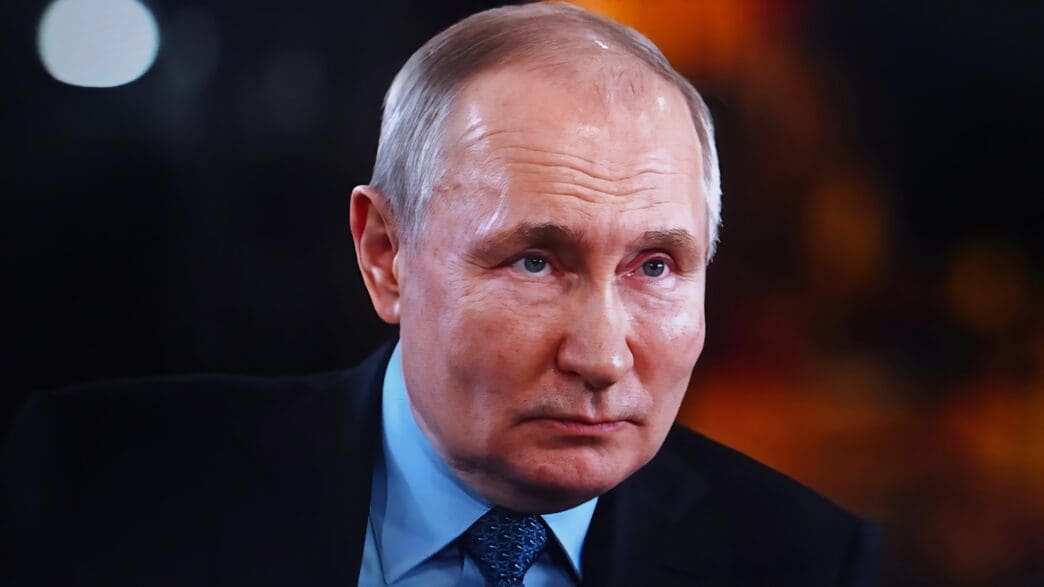Executive Summary
The Story So Far
Why This Matters
Who Thinks What?
The Trump administration on Wednesday imposed sanctions on Russia’s two largest oil companies, Rosneft and Lukoil, while simultaneously calling on Moscow to agree to an immediate ceasefire in the ongoing war with Ukraine. President Donald Trump announced the punitive measures, citing Russian President Vladimir Putin’s refusal to end the conflict and confirming the cancellation of an anticipated meeting between the two leaders.
President Trump stated that he had “canceled” the planned summit with Putin, explaining that he “didn’t feel like we were going to get to the place we have to get.” He noted that he had “waited a long time” to impose the sanctions but “felt it was time,” expressing hope that the penalties would be temporary, anticipating an end to the war.
Treasury Secretary’s Statement
Treasury Secretary Scott Bessent affirmed the administration’s stance, stating that it was “the time to stop the killing and for an immediate ceasefire.” He elaborated that “given President Putin’s refusal to end this senseless war, Treasury is sanctioning Russia’s two largest oil companies that fund the Kremlin’s war machine.”
Bessent added that the Treasury is “prepared to take further action if necessary to support President Trump’s effort to end yet another war.” He also encouraged allies to join the United States in adhering to these new sanctions.
Scope of Sanctions and International Coordination
The sanctions target Rosneft and Lukoil, along with nearly three dozen of their subsidiaries. This move follows similar actions by international partners, with the United Kingdom having targeted the two oil companies last week, and the European Union agreeing to its own package of sanctions on the same day.
Ukraine has consistently advocated for increased international pressure on Moscow as the conflict persists. Diplomatic efforts to de-escalate the war have largely stalled, with Russia rejecting proposals to freeze the conflict for negotiations, a stance supported by Ukraine and European nations.
Canceled Trump-Putin Summit
President Trump had previously indicated his intention to meet with President Putin in Budapest. However, on Wednesday, Trump confirmed the cancellation of this anticipated summit, telling reporters, “It just didn’t feel right to me,” though he suggested a future meeting could still occur.
Reports earlier in the week had already indicated that Trump’s hopes for a swift meeting with Putin had encountered difficulties, with an administration official confirming that “no plans” were in place for an immediate summit.
Potential Impact of Sanctions
The effectiveness of the new US sanctions will largely hinge on their implementation and whether the administration pursues secondary sanctions, according to expert analysis. Eddie Fishman, a senior fellow at the Atlantic Council, highlighted that “the key then will be if there’s a threat of secondary sanctions on banks, oil refineries and traders in third countries who are dealing with Rosneft and Lukoil.”
Secretary Bessent had earlier described the sanctions as “one of the largest,” reflecting Trump’s disappointment with Putin following a summit in Alaska more than two months prior. Bessent noted that President Trump “walked away when he realized that things were not moving forward” during those talks.
Outlook
The Trump administration’s decision to impose significant economic penalties on Russia’s energy sector, coupled with the cancellation of a high-profile diplomatic meeting, marks a notable escalation of pressure. These actions underscore the administration’s frustration with the stalled peace process and its commitment to compelling Russia towards a ceasefire in Ukraine.








